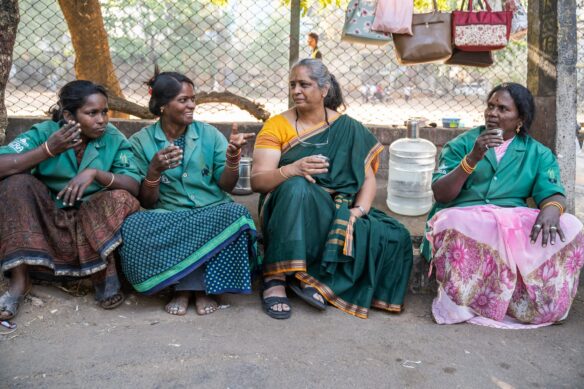Together with Social Alpha and JSW Foundation we’re set out to find solutions in waste management, through the innovation challenge Techtonic – Innovations in Circular Economy, launched in April this year. Now, we can proudly present five India-based teams who can integrate informal waste pickers into the circular economy and create stable employment opportunities for them while accelerating solutions for waste management and processing in Bengaluru, Vijayanagar and Dolvi among other cities.
Ashaya
Ashaya is upcycling the toughest types of plastic (post-consumer multi-layered plastic packaging) into high-quality products, using innovative technology. The long-term goal is to create small financially sustainable recycling centres and mini factories across India, where municipal solid waste can be upcycled into new products.
To enable social inclusion, informal waste pickers will be integrated across the value chain (and upskilled along the way) – sorting, washing, drying and shredding waste; chemo-mechanical upcycling into materials and finally product creation and assembly.
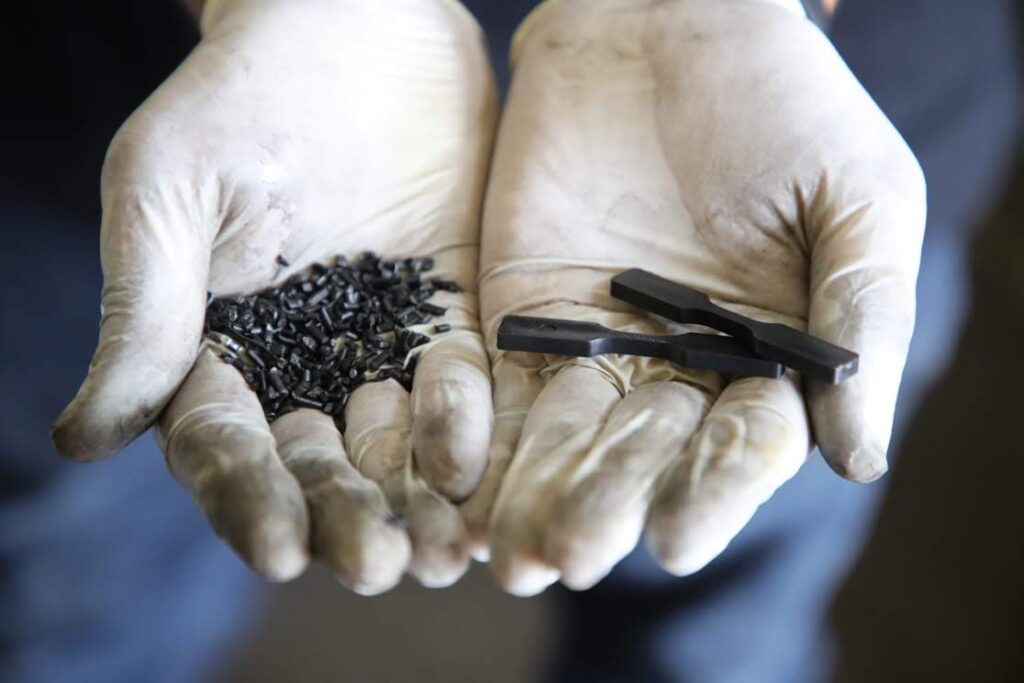
Reti Ecotech
Reti Ecotech is converting end of life-textiles into bricks and panels that can be used to create things like furniture, brick cladding and acoustic insulators.
The plan is to employ representatives from the waste picker community in all stages of the production from segregating the textile waste to compressing the binder-textile mixture into bricks with trainings along the way.
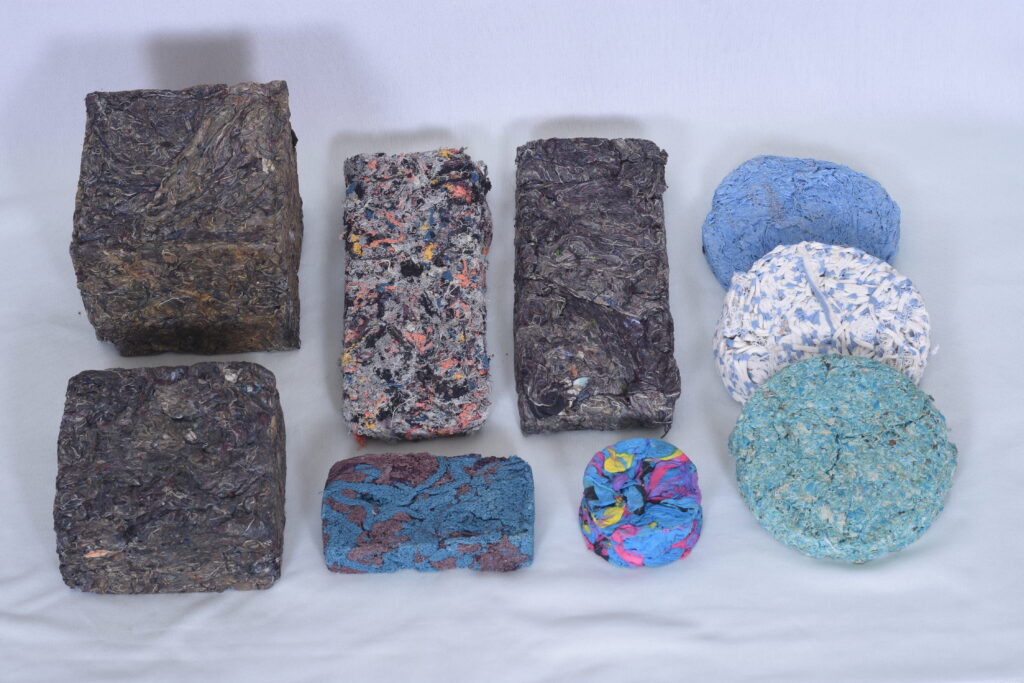
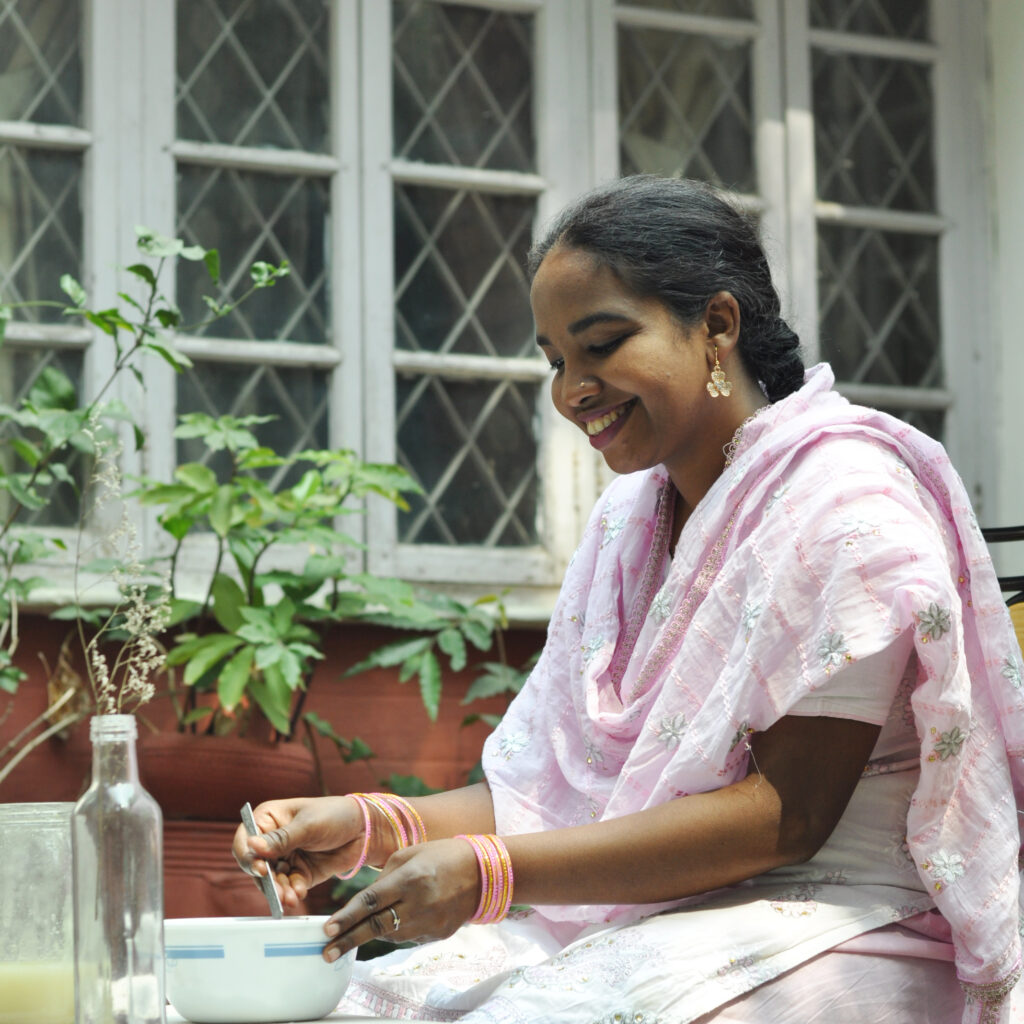
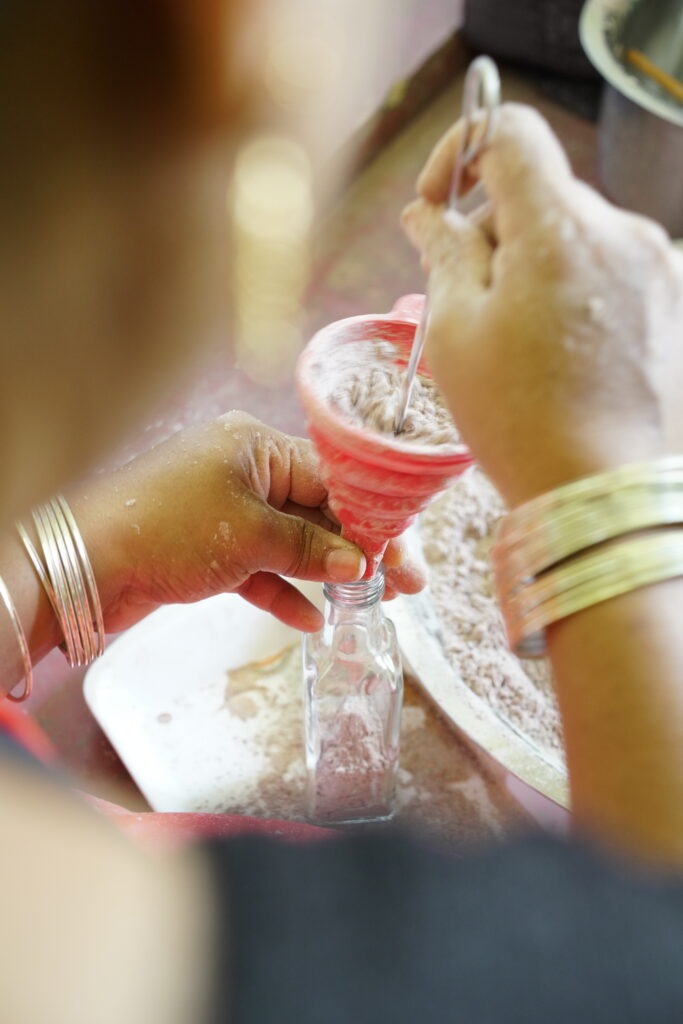
Bare Necessities
Bare Necessities creates high quality products for personal care, lifestyle and homecare with a zero-waste mindset. The production relies on ethical sourcing from local farmers and vendors emphasises the employment of women.
Currently, the start-up has a 99% women led manufacturing team who personally handcraft Bare’s personal care products. They seek to create employment opportunities for informal waste pickers by integrating them into the manufacturing team for their existing and upcoming products and providing them with necessary training.
EcoSattva
The social enterprise EcoSattva Environmental Solutions aims to partner with government bodies and communities to establish solid waste management systems, focusing on resource utilisation, environmental sustainability as well as dignity of labour.
Over the upcoming year Ecosattva aims to establish a waste management solution that includes system-setting, segregation awareness, doorstep collection, recovery, transportation of waste, and data reporting – involving waste-pickers in three geographies.
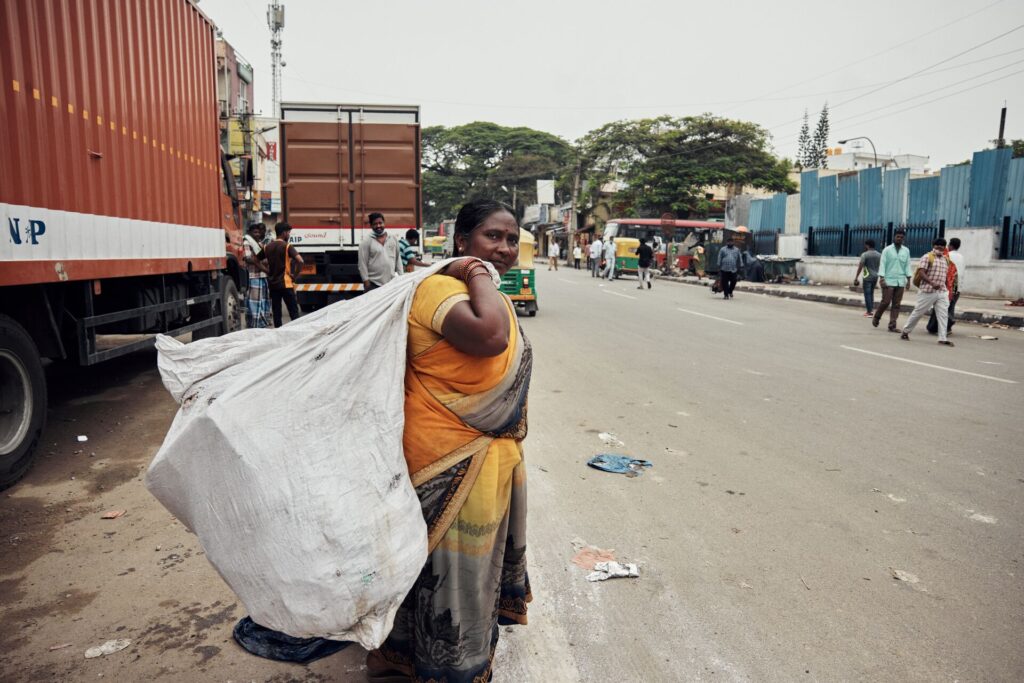
Padcare Labs
Padcare Labs offers an automated hygiene management system that can break down disposed sanitary pads into cellulose and plastic that can be upcycled into new products. At the same time, they contribute to safeguarding women and changing attitudes around menstrual hygiene.
The company aims to hire and empower waste pickers by engaging them in a pilot for the PadCare Bin waste management process, targeting four housing societies in Bengaluru.
The Techtonic innovation challenge is part of our larger holistic initiative Saamuhika Shakti where eight different partners are working closely together through a collective impact setup to improve the quality of life for informal waste pickers in Bengaluru.
What they win
These five 5 start-ups will now gain access to Social Alpha’s program, providing;
1.) Financial support of up to to USD 20,000 (INR 15 Lakh) and market access to a network of stakeholders to implement pilots on ground – showcasing how the informal wastepickers can have access to stable employment.
2.) Marketing and Branding or Digitization support of up to USD 3,000 (INR 2.5 Lakhs).
3.) Incubation with Social Alpha for a period of 1 year
4.) Access to Social Alpha seed investment of up to USD 126,000 (INR 1 CR) subject to Social Alpha due diligence

